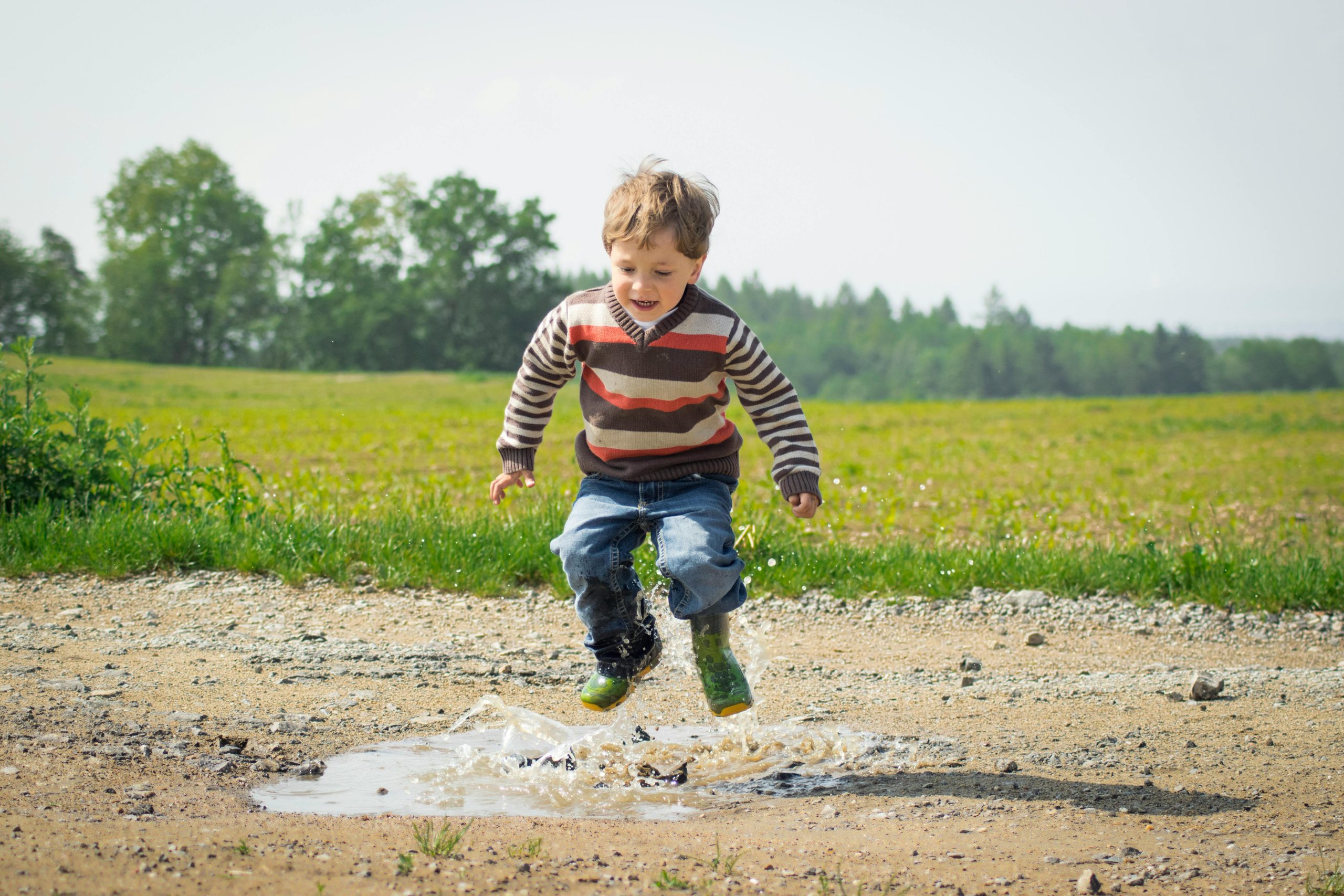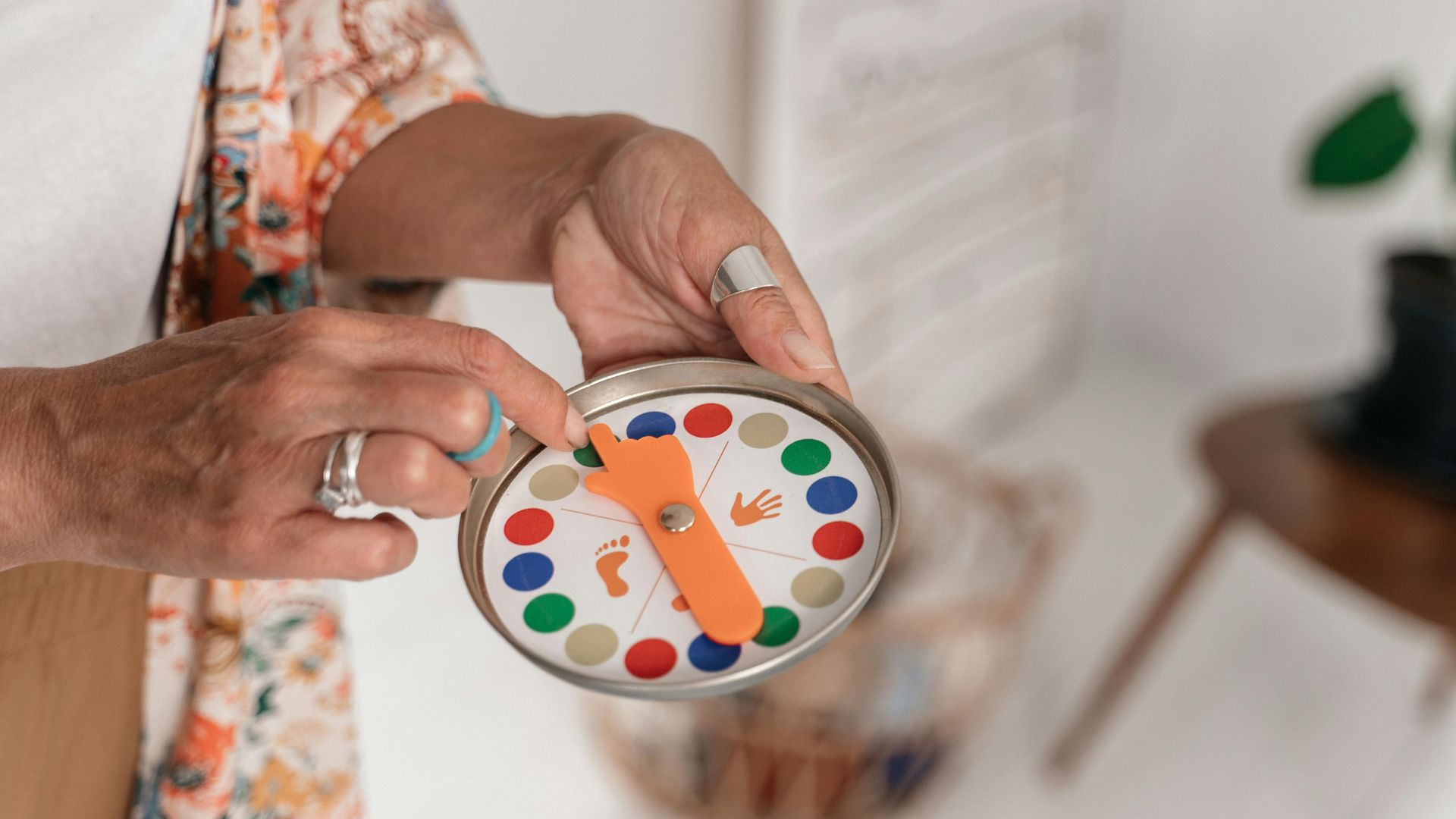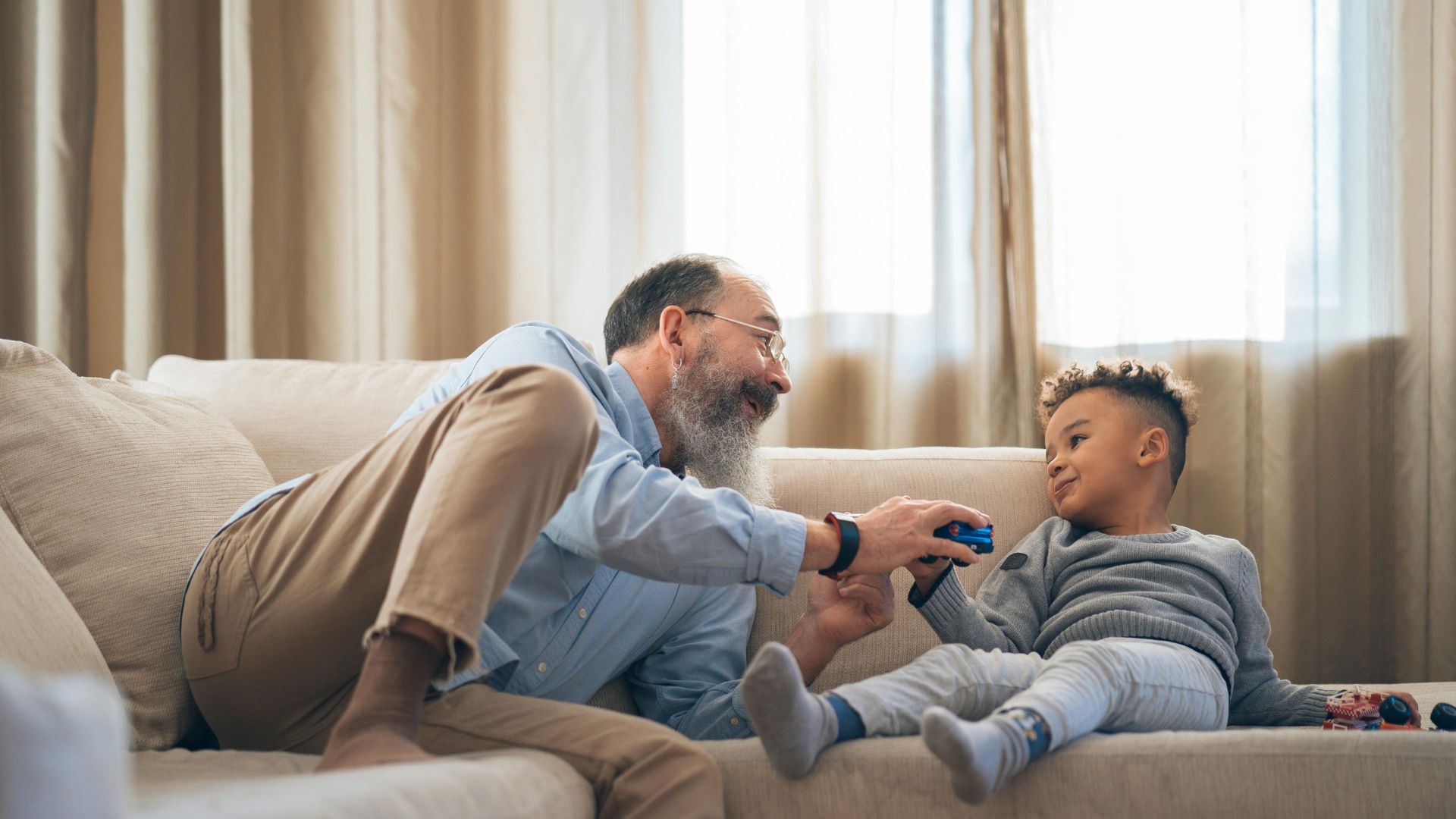Childrens Rights in Divorce
by Tatiana Bicknell, LCSW | November 2024
Divorce is a difficult, timely, and expensive process. It can also be heartbreaking, especially when children are involved in the mix. The family has new lifestyle changes to adjust to while trying to get through the actual divorce process. There are families who have transitioned smoothly, with great co-parenting and ensuring the children come first. Unfortunately, there are times where a divorce is ugly. Parents do not get along, and put themselves and their feelings before the children. Ideally, parents would be able to settle their own issues with one another without involving or putting their kids in the middle, however this isn’t always the case. Sadly, there are no laws or rules around children’s rights during a divorce process. However, there should be a normalized set of rules for all families when going through this. Below are 5 “children’s rights” to strongly consider and remember during and after the process:
The Right to Have Emotions
Children should feel they are able to express their opinions and emotions safely, and parents will listen and validate. They may express anger, grief, and sadness regarding this change in their life and may lean on parents or siblings to process these emotions. Children may also have thoughts/opinions on the matter, for example, “life would be so much easier if you two stayed together” or “I hate having to travel between two homes”. It is so important to validate your child and acknowledge how difficult this change is for them. A licensed mental health therapist can also support your child in giving them a space to express these emotions and opinions freely, while navigating how to cope with the changes. This should continue even after the divorce and custody has been finalized, as children will continue to need support in living their “new normal”.
The Right to Not be Responsible or Involved in Adult Problems and Behaviors
Children should not be or feel responsible for their parent’s actions and emotions. They are prone to feeling they are to blame for the divorce and parents not getting along, and for deeper issues such as parent substance abuse and domestic violence. Ensure your child that it is not their fault, and it’s the parent’s responsibility to resolve these issues. It is also not appropriate for the child to be the “messenger” between parents and for parents to talk bad about one another to their child.
The Right to Enjoy Time with Each Parent Without Feeling Guilty
Children not only may feel to blame for their parent’s divorce, but they may also feel guilt for spending time with the parents who’s “in the wrong”. Another reason it is important for parents to not speak badly about one another to their children. For example, a parent may tell their child that the other parent is an awful person and really hurt them. The child will feel guilty when spending time with the “awful” parent and they are not being loyal to the other parent. Children should know that they are allowed to enjoy and love spending time with either parent without feeling they are being disloyal to the other parent.
The Right to Ask Questions and be Informed of Decisions That May Affect Their Life
When it comes to a parent wanting to introduce a new partner to their child or wanting to move out of town or state, the parent should inform the child. These are decisions that would impact the child’s life as the child would need to adjust to having a new parent in their life or having a parent live far away. The child should be able to ask questions and the parent should be prepared to answer and validate any feelings the child may have.
The Right to be a Child
The only thing a child should focus on is being a kid! Playing with other children, going ton school, eating good food and getting sleep. Children have the right to be themselves.












